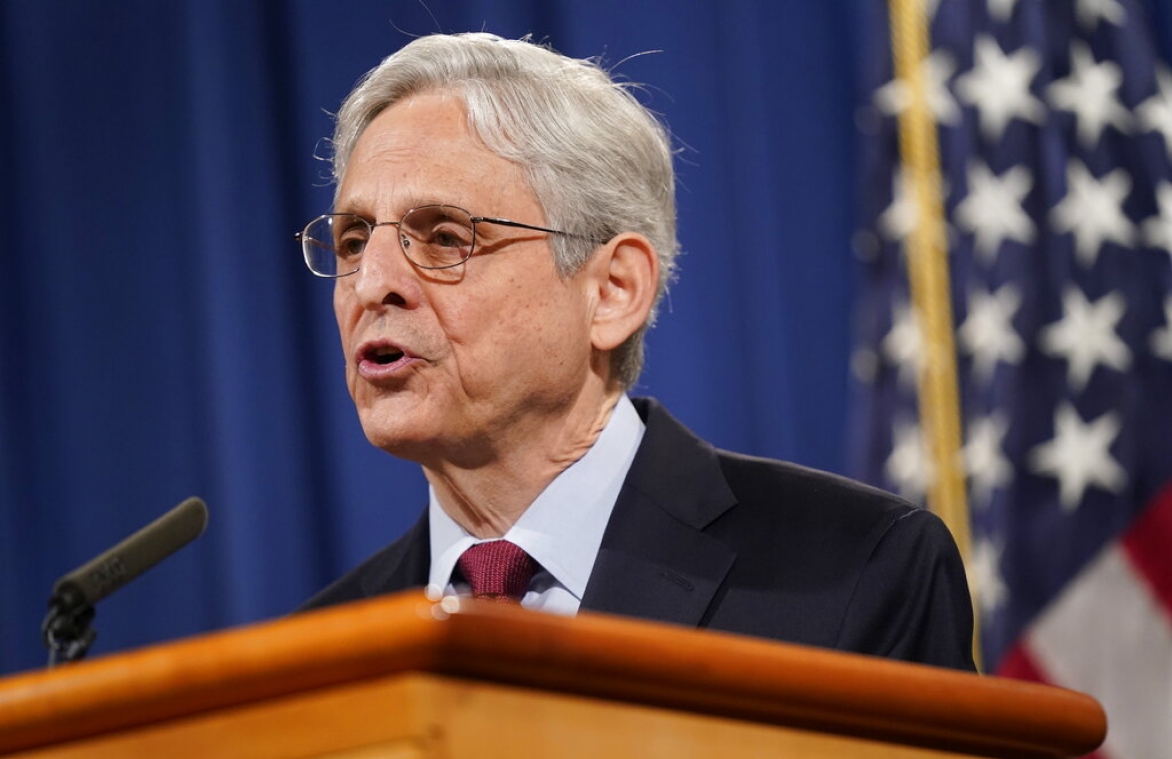In 2021, The Washington Post discovered that the Department of Justice under then-President Donald Trump had secretly obtained telephone records of three of its journalists in an attempt to identify their confidential sources, and that the Biden Justice Department had similarly targeted other news outlets. If potential confidential sources fear that the government will be able to identify them, they are far less likely to provide information that is often critical for investigative reporting.
On Oct. 26, 2022, Attorney General Merrick Garland issued a rule imposing substantial limits on “the use of compulsory legal process, including subpoenas, search warrants, and certain court orders for the purpose of obtaining information from or records of members of the news media” and amending its policies with respect to “questioning, arresting, or charging members of the news media.”
The new DOJ policy was also designed to protect “the important national interest in protecting journalists from compelled disclosure of information revealing their sources, sources they need to apprise the American people of the workings of their government.” The policy also covers journalists who receive classified documents during the normal course of newsgathering.
Garland’s order, which stressed that “[a] free and independent press is vital to the functioning of our democracy,” did not prohibit all such actions against journalists, but limited them to “special circumstances.” These include cases where reporters were themselves targets of criminal investigations, cases involving criminal acts, or cases related to terrorism or other imminent threats.
Compulsory legal processes could further be used “to prevent an imminent or concrete risk of death or serious bodily harm, including terrorist acts, kidnappings, specified offenses against a minor” or “incapacitation or destruction of critical infrastructure.” Even then, the written consent of the attorney general or a deputy or assistant AG would be required. Moreover, even in these cases compulsory processes would be employed as a last resort, would be “narrowly drawn,” and would require proper notification to the news reporters involved.
An Oct. 27 Washington Post essay by Fred Ryan lauded the new policy but suggested that, because future attorney generals could countermand it, “The best way to defend against this vulnerability is for Congress to give these protections the force of law.”
The U.S. Department of Justice’s new policy limiting when it can obtain information from or about journalists is now reflected in the First Amendment Encyclopedia entry on Classified Documents and Reporter’s Privilege.
The Free Speech Center’s First Amendment Encyclopedia contains articles on court cases, people, concepts and legal terms, laws and proposed laws and issues related to the five freedoms.
The Free Speech Center newsletter offers a digest of First Amendment and news media-related news every other week. Subscribe for free here: https://bit.ly/3kG9uiJ

